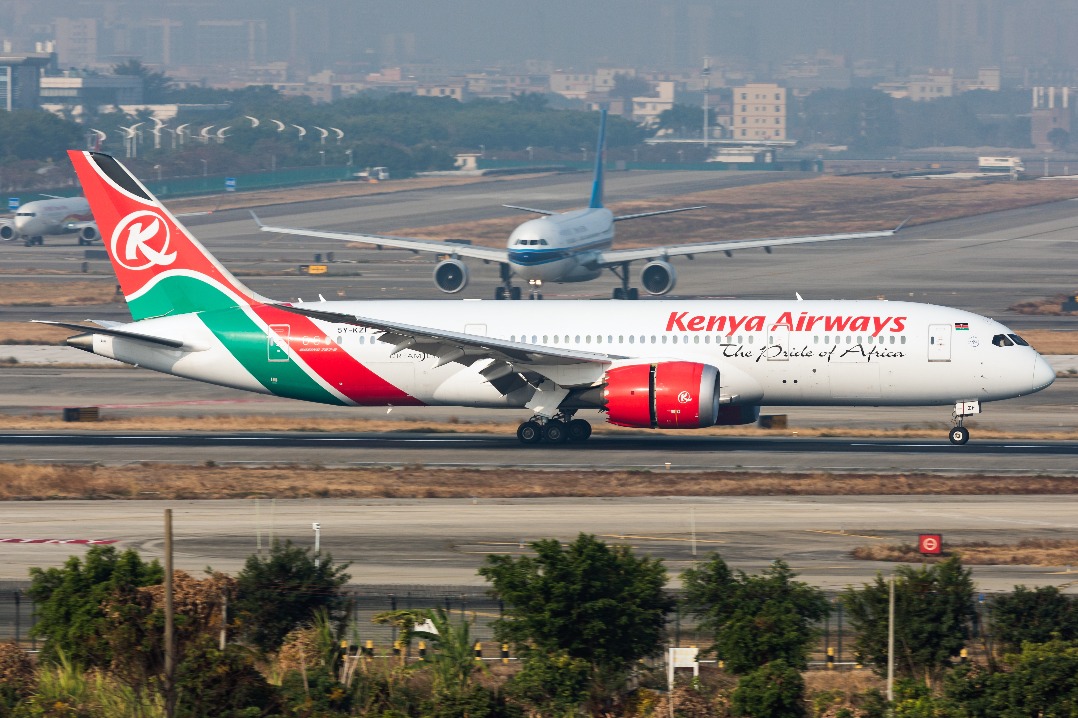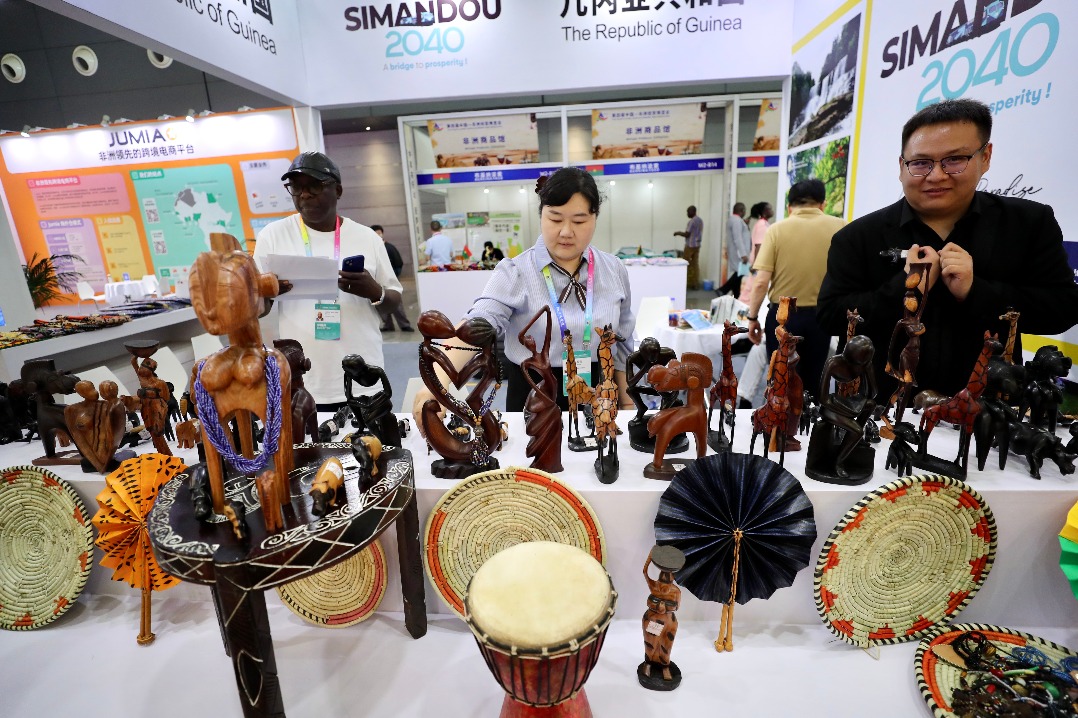FTA upgrade to boost China-Singapore trade


Follow-up talks to focus on lifting the level of services and investment
The upgrade of the China-Singapore Free Trade Agreement will further improve the level of services and investment, and create a better business environment for companies from both countries, the Ministry of Commerce said on Thursday.
The ministry's comments came after China and Singapore said earlier this week that they would start follow-up talks for an upgrade of the FTA between the two sides. It was also an indication that the two sides are keen to deepen economic and trade cooperation, jointly respond to challenges brought by factors such as the COVID-19 pandemic, and promote regional economic growth.
The two countries will adopt a negative list system to conduct follow-up negotiations on the FTA upgrade, aiming to increase policy transparency in bilateral services and investment, said Gao Feng, a spokesman for the ministry.
Negative lists indicate sectors in which cooperation is restricted, while all others are considered permissible.
The China-Singapore FTA, which took effect in 2009, was designed to accelerate the liberalization of trade in goods on the basis of the Agreement on Trade in Goods of the China-ASEAN (the Association of Southeast Asian Nations) FTA more than a decade ago.
The official said the two sides have carried out in-depth cooperation in medical and anti-contagion materials, established "fast-track channels" for necessary personnel exchanges, and jointly maintained the stability of the regional industrial and supply chains, after the outbreak of the pandemic this year.
China is Singapore's largest trading partner, and Singapore is China's largest newly-emerged source of foreign investment, and the main destination of overseas investment, said Gao, adding that bilateral economic and trade cooperation has resumed in an orderly manner.
The value of trade between the two countries amounted to $71.56 billion between January and October, up 0.5 percent on a yearly basis. In the meantime, China's direct investment grew by nearly 1.3 times on a yearly basis in Singapore, while Singapore's direct investment jumped by 7 percent in China, according to data released by the commerce ministry.
The contract value of newly signed projects between the two sides reached $3.75 billion in the first 10 months, up by 10.6 percent on a yearly basis, reflecting strong resilience and huge potential for cooperation between the two nations.
The follow-up talks and their growing trade volume will not only give full play to the two countries' respective strengths, but also help them to respond tangibly to the growth of the Belt and Road Initiative and the recently signed Regional Comprehensive Economic Partnership trade deal, said Zhang Jianping, director-general of the Beijing-based China Center for Regional Economic Cooperation.
"Singapore has certain practical business experience in Southeast Asian and South Asian countries," he said. "The joint development of Chinese and Singaporean companies will be a win-win situation, using China's capital and technology and Singapore's local experience and business connections."
Gao said China remains an attractive market for Japanese companies and the country will further open its market, increase its services for global companies in various aspects such as supporting the industrial chain and solving their problems in an efficient manner, when answering a question on whether a number of Japanese companies have exited or withdrawn from the Chinese market. He made the remarks during an online news conference on Thursday.
In fact, most Japanese companies in China have not considered exiting or withdrawing from the Chinese market. The investments of some Japanese companies in their home market and Southeast Asian countries are mostly new nonhomogeneous projects, he said.
According to the ministry's statistics, among the 29,500 newly established foreign-invested enterprises nationwide from January to October this year, 604 came from Japan, with actual investment amounting to 20.26 billion yuan ($3.09 billion).
"Companies are market-oriented," Gao said. "China has a large-scale market, complete industry-supporting capabilities, sufficient human resources and well-developed infrastructure. The so-called' reducing dependence on China 'does not conform to market rules and will not become the basis for corporate investment decisions."




































